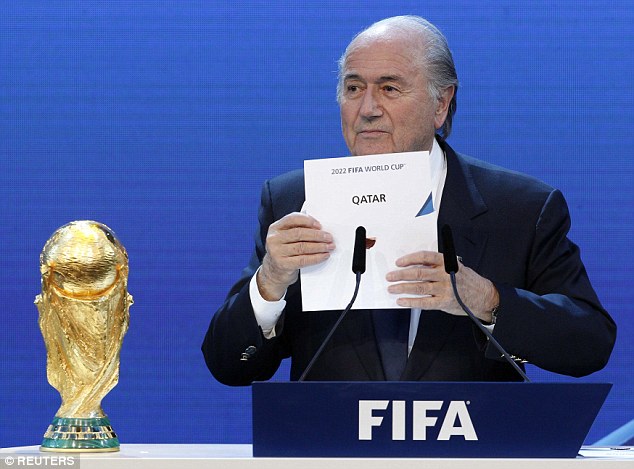Qatar once again demonstrated its World Cup ambitions by signing world-class player Xavi Hernandez to one of its teams for three years. While it is unclear if hiring star talent will bolster Qatar’s reputation as a leader of the global football community, as recent matches continue to suffer from low attendance, human rights analysts suggest that the country’s World Cup goals face a far more serious problem. Mustafa Qadri of Amnesty International states that “FIFA may be moving to new leadership in 2016, but it will not be able to get past its current challenges until it makes it clear that Qatar’s hosting of the World Cup is contingent on respect for human rights…serious questions remain about its resolve to ensure that the World Cup in Qatar is not built on labor exploitation.”
Human rights organizations like Amnesty International stress that the biggest issue surrounding Qatar hosting the World Cup remains its treatment of the migrant workers, many of whom still lack basic rights. According to Qadri, these workers usually live in unsanitary, overcrowded conditions while working on stadiums and various other construction projects. Their employers can take their passports away, restrict their movement, and punish them for attempting to change jobs. It remains to be seen how FIFA will respond to the concerns of human rights organizations on this issue, if at all.
Margaret Bailey is an Advocacy Intern at ADHRB.
Photo Courtesy of Reuters





